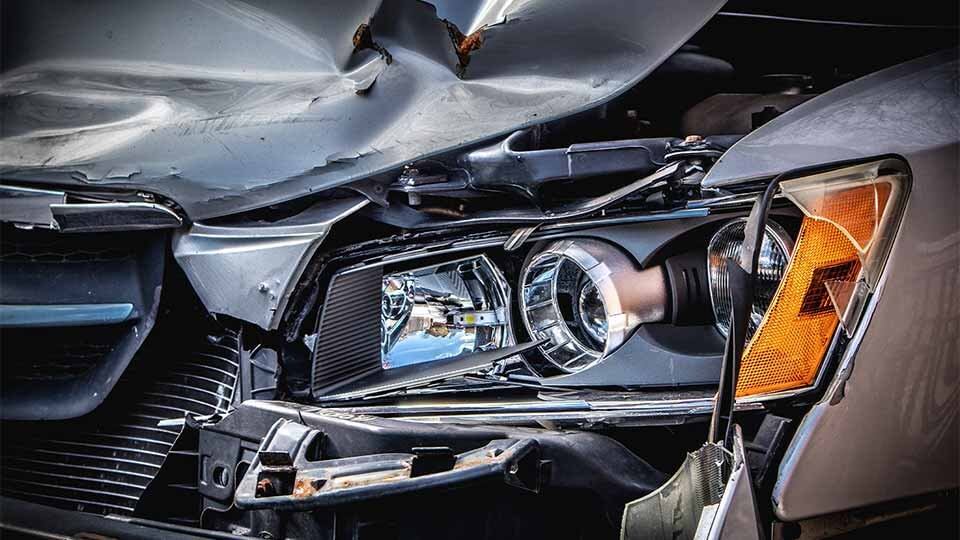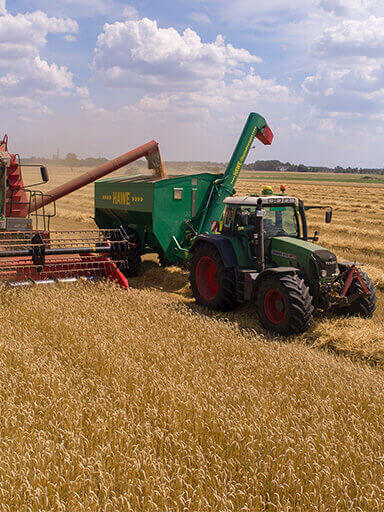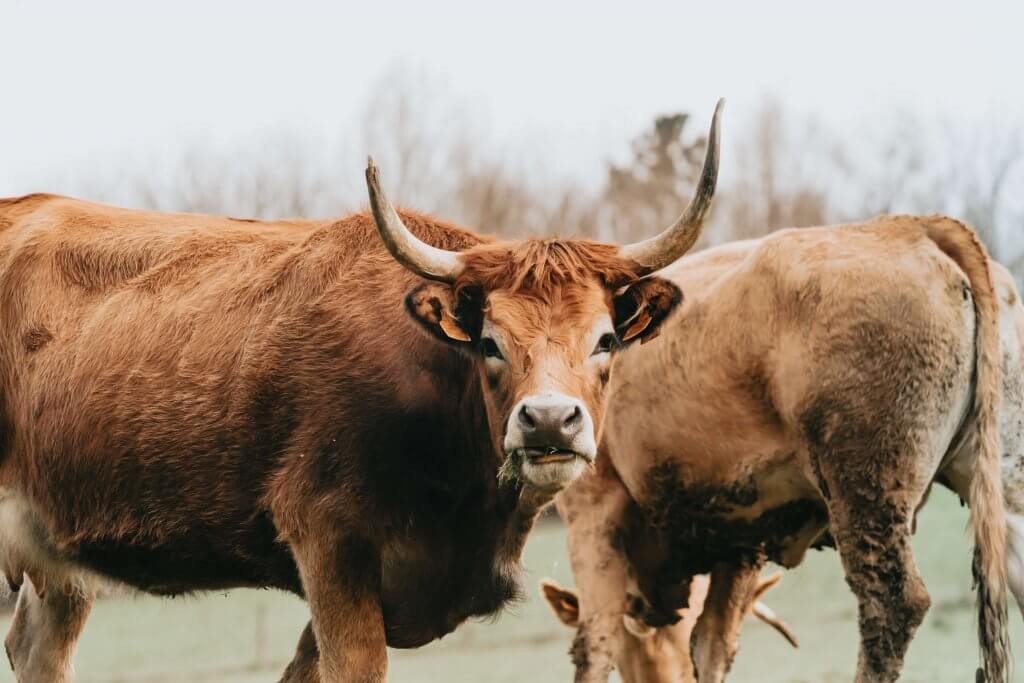Accidents happen when we least expect them, and it’s no different when encountering a personal injury from a cow attack. Whether you were out hiking, driving down a country road, or simply minding your own business, a sudden encounter with a cow can leave you injured and in need of compensation. But fear not, because in this guide, we will show you how to take the bull by the horns and seek the compensation from cow attack claim.
There have been, according to the BBC quoted by the website killer cows, a total of nearly 900 incidents. The total average annual figures are roughly 3 deaths, 40 serious injuries and 37 lesser injuries, all of these 80 annual incidents had the potential to be fatal.
In this comprehensive article, we will walk you through the steps of how to make a claim, gathering evidence, and dealing with insurance companies. We’ll also provide tips and strategies for negotiating a fair settlement and, if necessary, taking your case to court. With our expert guidance, you’ll be equipped to navigate the complexities of cow-related personal injury cases with confidence.
So, if you or someone you know has been involved in a cow-related accident and is seeking compensation, this article is for you. Get ready to take control of your situation and fight for the compensation you deserve. Let’s dive in!
Understanding personal injury claims
Personal injury claims are legal actions taken by individuals who have suffered harm or injury due to the negligence or intentional actions of another party. In the case of a cow-related personal injury, you may be entitled to compensation if the owner of the cow was negligent in their duty to prevent harm to others. To successfully pursue a personal injury claim, you need to establish that the owner of the cow breached their duty of care, and that breach directly caused your injuries.
To prove negligence, you will need to demonstrate that the owner of the cow failed to take reasonable precautions to prevent the incident from occurring. This could include failing to properly fence their property, allowing the cow to roam freely, or ignoring previous incidents involving their cow. It’s important to gather as much evidence as possible to support your claim, which we’ll discuss in more detail later in this article.
Common types of personal injuries caused by cows
Cows may seem harmless, but they can cause serious injuries if they charge, trample, or otherwise come into direct contact with humans. Some common injuries caused by cows include
- broken bones,
- lacerations,
- concussions,
- and even internal injuries.
- In severe cases, cow-related injuries can result in long-term disability or even death.
It’s important to seek immediate medical attention if you’ve been injured by a cow, as prompt medical care can not only ensure your well-being but also provide vital documentation of your injuries. Without proper medical records, it can be challenging to prove the extent of your injuries and the impact they have had on your life.
Steps to take after a cow-related personal injury
After a cow-related personal injury, there are several crucial steps you should take to protect your rights and increase your chances of receiving fair compensation. The first and most important step is to ensure your safety and seek medical attention if necessary. Once you’ve taken care of your immediate needs, you can begin to gather evidence and document the details of the incident.
Start by taking photographs of the scene, including any visible injuries and property damage. If there were witnesses to the incident, try to obtain their contact information, as their statements can be valuable in supporting your claim. Additionally, make sure to report the incident to the appropriate authorities, such as the police or animal control, as their reports can serve as additional evidence.
Gathering evidence for your compensation claim
To build a strong case for compensation, it’s crucial to gather as much evidence as possible to support your claim. This evidence can include photographs, witness statements, medical records, and any other documentation related to the incident. The more evidence you have, the stronger your case will be, and the better your chances of securing a fair settlement or judgment.
In addition to collecting physical evidence, it’s also important to keep a detailed record of your medical treatment and any expenses you’ve incurred as a result of the injury. This includes medical bills, receipts for medications or medical devices, and records of any lost wages or other financial losses you’ve experienced. These documents will help establish the financial impact of the injury and the compensation you are entitled to.
Finding the right personal injury lawyer
Navigating the legal process can be complex and overwhelming, especially when dealing with a cow-related personal injury. That’s why it’s crucial to find the right personal injury lawyer to guide you through the claims process. A skilled attorney with experience in personal injury cases can help you understand your rights, negotiate with insurance companies, and, if necessary, represent you in court.
When searching for a personal injury lawyer, look for someone who specializes in animal-related cases and has a track record of success. Schedule consultations with several attorneys to discuss your case and determine if they are the right fit for you. Ask about their experience, fees, and their approach to handling personal injury claims. It’s important to choose a lawyer who not only has the necessary expertise but also makes you feel comfortable and confident in their abilities.
Calculating your compensation amount
Determining the value of your personal injury claim can be complex, as it involves assessing both economic and non-economic damages. Economic damages include medical expenses, lost wages, and any other financial losses directly related to the injury. Non-economic damages, on the other hand, are more subjective and can include pain and suffering, emotional distress, and loss of enjoyment of life.
To calculate your compensation amount, you’ll need to consider the specific details of your case, including the severity of your injuries, the impact on your daily life, and the long-term effects of the injury. Consulting with a personal injury lawyer can help you understand the factors that will influence the value of your claim and ensure you receive fair compensation for your losses.
Negotiating with insurance companies
In most cases, compensation for cow-related personal injuries will be sought from the owner’s insurance company. Insurance companies are known for trying to minimize payouts, so it’s important to approach negotiations with caution and preparedness. Before engaging in negotiations, gather all the necessary evidence and documentation to support your claim. Present a clear and organized case, highlighting the negligence of the cow’s owner and the impact of the injury on your life.
It’s common for insurance companies to make low initial settlement offers, hoping that you’ll accept a smaller amount to avoid a lengthy legal process. However, it’s essential to remember that you have the right to fair compensation for your injuries. If the initial settlement offer is inadequate, consider engaging in further negotiations or seeking legal representation to ensure your rights are protected.
Filing a claim at court if necessary
In some cases, negotiations with insurance companies may not result in a fair settlement. If this happens, you may need to file a claim at court to seek the compensation you deserve. Filing a lawsuit can be a complex and time-consuming process, but with the right legal representation, you can navigate the legal system and present a strong case in court.
Before filing a lawsuit, consult with a personal injury lawyer to assess the strength of your case and determine the best course of action. Your attorney will guide you through the process, ensuring all necessary paperwork is filed correctly and deadlines are met. Remember that lawsuits can be lengthy, so it’s important to be prepared for a potentially extended legal battle.
Case studies of successful cow-related personal injury claims
To provide real-world examples of successful cow-related personal injury claims, we’ve compiled a few case studies. These cases highlight the different circumstances surrounding cow-related injuries and the compensation awarded to the victims. By studying these cases, you can gain insight into the legal process and potential outcomes of your own claim.
Case Study : Stephen’s Story
Stephen, who became one of our clients, was walking across a public right of way in a field when he was attacked by a number of cows. The cows charged at him, causing her to fall and sustain multiple injury. He was trampled by the cows causing a head injury including concussion, lacerations to his forehead, swelling and bruising to his face, throat, chest, elbow and back and a large haematoma on this knee. Stephen made a personal injury claim against the cow’s owner, alleging negligence in not maintaining a safe passage on the right of way. After a short legal battle, and as a result of excellent negotiation, Stephen was awarded a settlement that covered his expenses and pain and suffering.
Conclusion
Seeking compensation for a cow-related personal injury can be a challenging process, but with the right knowledge and support, you can navigate the legal system and fight for the compensation you deserve. Remember to take immediate steps to ensure your safety and seek medical attention if necessary. Gather evidence, consult with a personal injury lawyer, and be prepared to negotiate with insurance companies or file a claim at court if needed. By following these steps and staying resilient, you can take control of your situation and secure the compensation necessary for your recovery.
Let us help you





